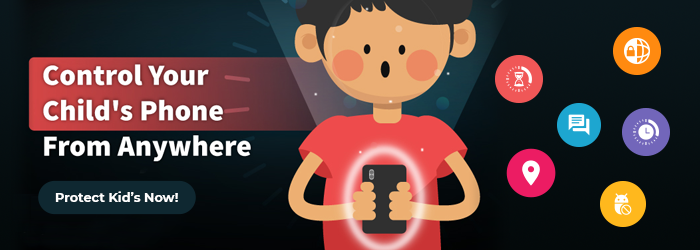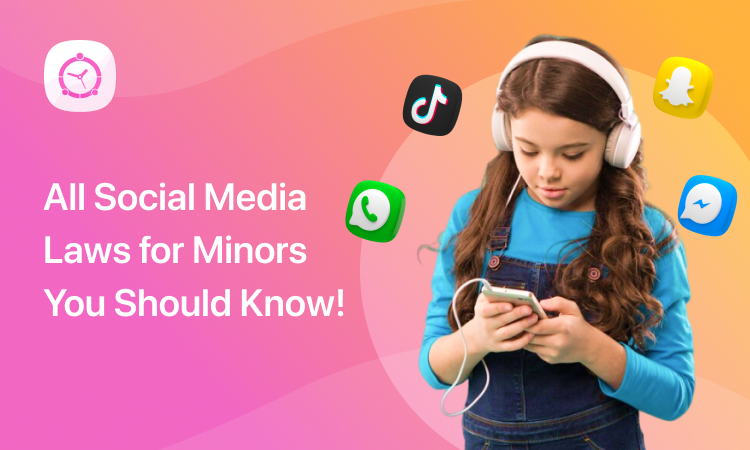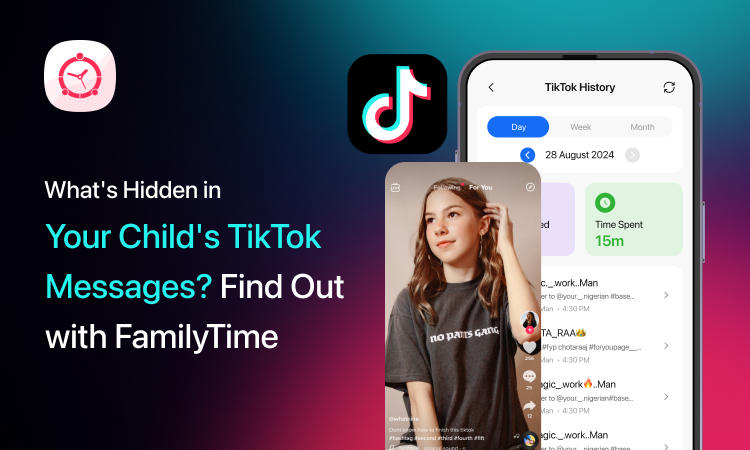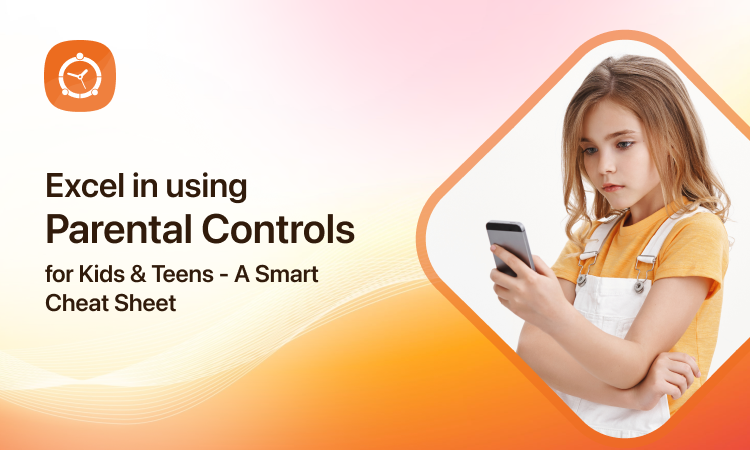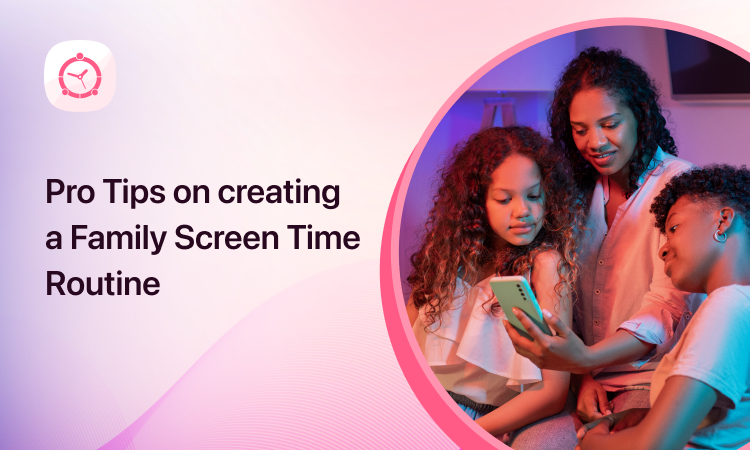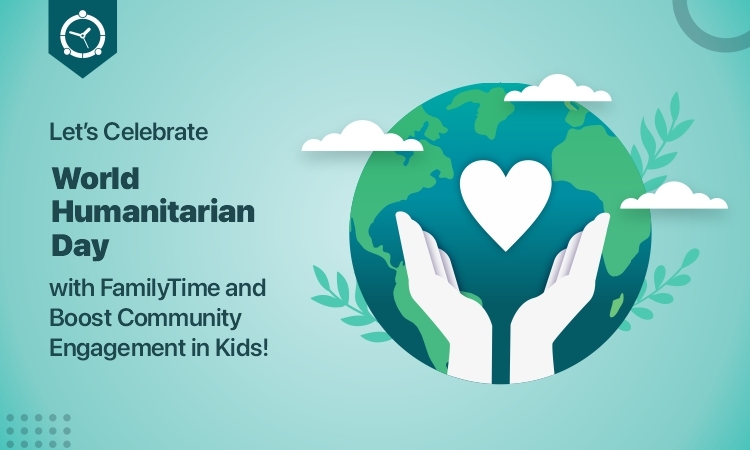
Studies prove that kids’ physical, intellectual, and emotional growth depends on their relationships and community. However, kids of the modern age always prefer to interact with screens instead of other human beings. Therefore, it is natural for parents to be concerned for their kids and look for avenues that can help boost community engagement in kids.
Let’s celebrate World Humanitarian Day with FamilyTime and help parents overcome this issue. But what is the significance of world humanitarian day, and why does community engagement matter so much?
History & Significance of World Humanitarian Day
It all began with a bomb attack that occurred at the Canal Hotel in Baghdad, Iraq, on 16th August 2003. The attack took the lives of 22 humanitarian aid workers. The United Nations General Assembly adopted a resolution designating 19th August as World Humanitarian Day (WHD) to turn that event hat into an inspiration for others.
Each year, this day brings together associates from across the humanitarian network to advocate for the survival, well-being, and dignity of people affected by crises and promote the safety and security of aid workers. So, how does it relate to community engagement?
Importance of Community Engagement
Community engagement and humanitarian efforts originate from the same letter and spirit. A community includes people kids interact with at school, on playgrounds, neighbors, distant relatives, immediate family members, etc. Community engagement is essential for kids to develop empathy and a humanitarian spirit because it has long-term advantages for kids.
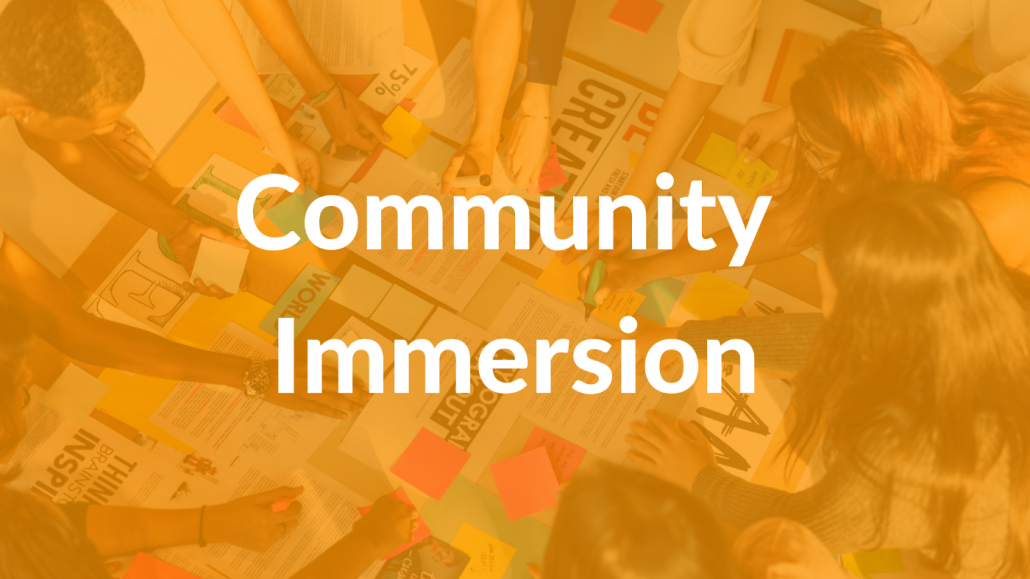
The more kids interact with others, the better their self-esteem becomes. They begin to understand complex emotions and develop stable relations and deeper connections. Communities allow kids to feel like they belong, which is crucial to building a grounded persona in kids. Moreover, the lack of community engagement leads to several negative impacts on kids’ overall well-being.
Negative Impacts of Lack of Community Engagement in Kids
In the absence of an appropriate amount of community engagement, kids suffer in various aspects of their lives. For instance, the lack of interaction with others puts them at risk of developing social anxiety/awkwardness, low self-esteem, inferiority/superiority complex, emotional instability, and more.
As parents, we must look out for the well-being of our kids and provide them with more opportunities to interact with others. Undoubtedly, kids of the digital age fight tooth and nail when it comes to putting away screens and digital devices. However, this year on World Humanitarian Day, parents can use technology to their advantage and turn the tables. For instance, by using FamilyTime – a versatile parental control app, parents can boost their kids’ community engagement and humanitarian spirit. Let’s see how this app can help.
How Can FamilyTime Help?
The parental community reveres FamilyTime for several reasons. It offers a wide array of features that encompass various security aspects of kids’ lives. Here are three of its features that can help parents boost their kids’ community engagement effectively.
- Reduce Interaction with Screens
One of the best ways to help boost kids’ community engagement is by reducing their interaction with screens daily. Without the help of a parental control app, parents struggle to achieve this goal on their own. FamilyTime offers a Screen Time Limit feature that effectively reduces kids’ screen time by allowing parents to set a specific time limit for individual apps.
- Provide More Avenues for Social Engagement
Another way to encourage kids and instill a spirit of World Humanitarian Day in them is by devising a screen time schedule for them. FamilyTime offers Screen Time Schedule. Parents can use it to set specific times for homework, meals, family events, bedtime, etc. Creating such a schedule opens opportunities for social interactions. Parents can arrange playdates for younger kids and help teens attend community service events, such as volunteering at shelters.
- Instill Accountability and Discipline
Kids with higher dependence on digital devices, such as teens who are constantly using social media, often show resistance to the idea of reducing screen time. They find loopholes and sneak around so they can use screens whenever possible, even if they get stripped of their screen privileges.
In that case, parents can use FamilyTime’s Family Pause feature to disable kids’ devices and implement a foolproof discipline strategy. For example, if you asked your teen to help out a neighbor, but they ignored your instructions, you can use this feature and take away their screen privilege to motivate them and boost their community engagement and humanitarian spirit.
There is More to FamilyTime Than Meets the Eye!
FamilyTime isn’t a run-of-the-mill parental monitoring app for iPhone or Android smartphones. It offers numerous safety features and caters to kids of all age groups. Some of FamilyTime’s most incredible services include SOS/Panic Button, Teen Safe Drive, Internet Schedule, Call & Text Message Monitoring, Pick-Me-Up Button, etc.
So, join hands and work together to appreciate humanitarian workers by celebrating World Humanitarian Day with FamilyTime. You can sign up to avail of its 3-day free trial or opt for one of the four payment plans to unlock all of its premium features.

